ARTICLE AD BOX

When Barcelona president Joan Laporta spoke of the club's "very worrying" £1.15bn debt last summer, it was a dark moment for one of world football's great institutions.
That public omission came the week after the departure of Barca's greatest player, Lionel Messi, despite Laporta having all-but guaranteed the Argentine and his father Jorge that a new contract would be forthcoming.
So perilous was Barca's financial situation that two weeks later they loaned Antoine Griezmann to Atletico Madrid, two years after spending £107m to take him in the opposite direction. There were efforts to offload £135.5m striker Ousmane Dembele too. It appeared the club's squad was being ripped apart.
And yet, seven months on, there is optimism at the Nou Camp.
Yes, they are out of the Champions League and find themselves in the unfamiliar environment of the Europa League.
Yes, they are out of the Copa del Rey. And yes, they are 15 points behind league leaders and fierce rivals Real Madrid, who they meet on Sunday in a Clasico that, for once, is likely to have little bearing on the La Liga title race.
But there is at least a brighter future emerging, one that seemed barely believable last summer.
Fighting back from the financial brink
In Laporta, Barcelona have a man who has been here before.
He was elected president for the first time in 2003, finding a club at its lowest ebb, in debt and with deep-rooted unhappiness and disappointment from both players and supporters alike. The trophy cabinet had remained unopened since 1999.
On returning to the role just over a year ago, Laporta would have been forgiven for thinking things couldn't have been quite as bad this time around.
In fact, they were much, much worse.
When the figures were finally unravelled, it showed that debt in excess of £1bn, thanks to some disastrous mismanagement, both in the transfer market and in the negotiation of player contracts.
Drastic measures were called for.
In his first presidential stint, Laporta's approach had helped Barcelona became a major force again, winning two La Liga titles, and the Champions League in 2006 for only the second time in their history.
Will history repeat itself? Maybe, but a fascinating question is at what long-term cost to the club and its identity?
Will Barcelona still belong to the season ticket holders at the end of this process? Remember, the club is members-owned, meaning no individual has total control and members are encouraged to contribute to key strategy decisions.
This week's announcement that the Nou Camp is to be renamed the Spotify Nou Camp from next season was greeted with contempt by some, but Barca are not in a position to sniff at a deal worth £55.5m per year for four years.
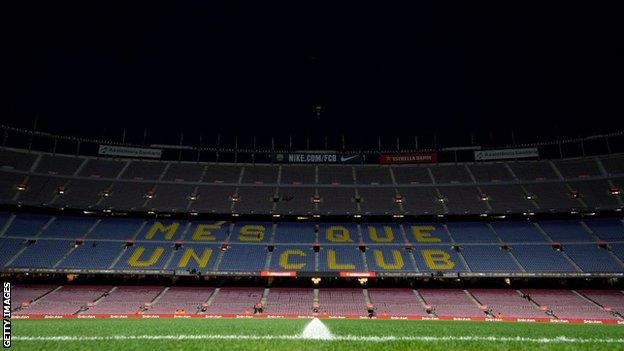 Barcelona have sold the naming rights to their Nou Camp stadium and have plans to modernise it, despite their financial issues
Barcelona have sold the naming rights to their Nou Camp stadium and have plans to modernise it, despite their financial issuesThere is a suggestion a disagreement over the terms of this deal is the reason chief executive Ferran Reverter resigned recently, though he was quick to say he wanted to "spend more time on personal and family projects".
Deep down, the differences have to do mostly with the way Laporta runs things, often following his instincts and not always delegating or consulting with anyone about important decisions.
Laporta has at least brought with him a positive attitude, sometimes unrealistically so. That doesn't really matter as long as he continues to say what the people and the Catalan media want to hear because, coming from such a low place, any kind of optimism was always going to be warmly received.
Laporta is still bullish, brave and bellicose and now talking about building another state-of-the-art dynasty that will establish Barcelona once again as one of the European elite.
But let's not labour under any misapprehensions. Barcelona are still massively in debt and I would estimate to the tune of around £2.26bn if you take into account the £1.26bn loan for a much-needed revamp of the crumbling Nou Camp - a project that had already been initiated, but changed under the stewardship of the new president.
Heavily involved in this are Goldman Sachs, who had previously stepped in and helped with the restructuring of debts with a loan of more than £419m.
By my reckoning that means Goldman Sachs now has an interest in the club amounting to around £1.7bn. Are they not at some point, with that massive stake in a club with a budget of around £628m, going to want to be a major part of the decision-making process?
Also currently being negotiated is a deal put in place by La Liga that buys equity company CVC an 8.2% stake in the club's audio-visual rights, amounting to around £13.4m for the next 50 years. The club originally rejected the deal out of hand, but have recently suggested they are now considering signing it.
It has been reported that by accepting it they will receive a financial boost of around £226m, money which will allow the club to make more signings and increase their wage limit, as well as cut losses and balance this season's books.
Also up for sale are parts of Barca Studios, the section of the club which centralises the creation, production and commercialisation of Barcelona's audio-visual output, and includes the management of club television channel Barca TV.
Whatever way the club decides to go, the reality is it is still selling off parts of the family silver.
The result of all of this is that, once all this restructuring is done, a different club may well emerge and another institution. And the reality is, according to the club, they have no choice other than to go down this road if they want to compete with what La Liga boss Javier Tebas has described as state-owned clubs like Manchester City and Paris St-Germain.
The good news is new funds are coming in and with sale of players - Philippe Coutinho is expected to remain in the Premier League - and wages that will depend more than before on bonuses and targets, Barcelona feel they can clear the accounts of debt and increase the competitiveness of the squad.
When for? Nobody can tell, but it will take a few years.
Xavi's appointment 'a marriage of convenience'
A start to the season, which included four wins in their first 10 league games and Champions League maulings by Bayern Munich and Benfica, meant Ronald Koeman was sacked and swiftly replaced by club legend Xavi.
His appointment was a marriage of convenience. Xavi was, in fact, a supporter of Laporta's presidential rival Victor Font, but Laporta quickly realised how popular Xavi would be with fans, plus none of his other targets were interested.
And it has gone better than could have been expected for a rookie manager.
Since his arrival, Barcelona have lost just one league match and jumped from ninth to third in the table - albeit 15 points behind leaders Real Madrid with a game in hand.
This was always going to be a transitional season, with the basic requirement being that Xavi finish in a Champions League qualifying position - something that is looking more and more likely with every passing week.
"If you know him, then you know he has a philosophy that fits with this club perfectly," says Jordi Cruyff, the former Barcelona and Manchester United winger who was brought in as sporting adviser last year.
"He knows the surroundings of the club and lived the highs and low as a player, so there were many aspects that already had him well prepared."
Xavi has been aided and abetted by a combination of circumstances that have helped him along the way, although it's fair to say he has certainly made his own luck.
One of the first situations he had to sort out was the chaotic Dembele debacle, with many at the club threatening the player to either sign a new contract on reduced terms or leave immediately.
Xavi handled the situation perfectly, even challenging the club position that wanted Dembele out or in the stands.
The boos from the crowd are turning mostly to cheers now they see exactly what the Frenchman can do when he is focused and trusted. There is even a slim chance he might sign a new contract, something which seemed impossible just weeks ago.
From bad business to shrewd signings
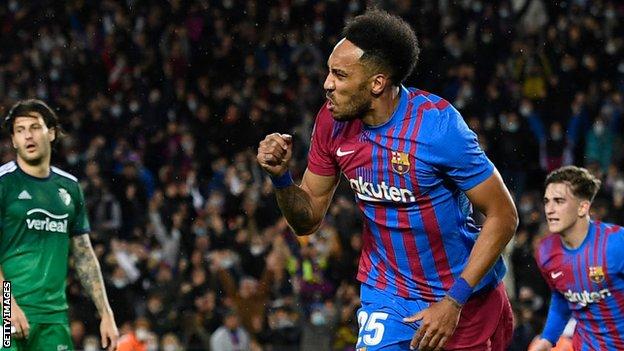 Pierre-Emerick Aubameyang fell out of favour at Arsenal but has made a strong start to his Barcelona career
Pierre-Emerick Aubameyang fell out of favour at Arsenal but has made a strong start to his Barcelona careerAfter years of appallingly bad business In the transfer market, some brilliantly canny January dealing bought in the likes of Pierre-Emerick Aubameyang from Arsenal (seven goals in his last seven games) and Adama Traore from Wolves (two assists in five La Liga games after none in 20 for the Premier League side). Also Ferran Torres from Manchester City as the only player they have paid a transfer fee for - £46.3m.
Those signings were the result of the collaboration of four key decision makers at the club - Xavi, Cruyff, Laporta and director of football Mateu Alemany.
"We've been working well together and Xavi needs to believe in the players we are thinking about because he is the one who will decide if they play or not - and that's why it's important we have a good synchronisation between the four of us," says Cruyff.
"January is not the easiest transfer window. Players who are doing fantastically well in their league will not come to you on loan.
"But I knew those three would fit in straight away as they come from a league with high pace, intensity and which is physically demanding.
"The pleasant aspect is that all the players who came to us in January had to give in a little bit to be able to join the club."
That is a reference to the fact those three signings are all now earning less than they were at their previous teams, which speaks volumes for the pulling power of Barcelona, whatever the financial predicament they are currently in.
Similarly, great veterans who are still more than capable of performing at the highest level - Jordi Alba, Sergio Busquets and Gerard Pique - all bit the bullet too. They took pay cuts and also played their part in helping a magnificently talented set of youngsters adapt to the first team as if they had been playing there all their lives.
In Gavi, Pedri, Nico Gonzalez, Ronald Araujo, Sergino Dest and, when fit, Ansu Fati, they have a group of players aged 17-23 who could be leading figures for their club and countries for at least the next decade.
Barca are also confident of adding Chelsea defender Andreas Christensen and AC Milan midfielder Franck Kessie this summer - both as free agents.
"Our improvements are a mix of many things that have come together and has made the team look better, score more goals, and it is going in an upward direction," adds Cruyff.
Even if this weekend's Clasico goes against them, there are signs Barcelona are on the road to establishing themselves as a major force once more.

- Becoming Batman: Robert Pattinson reveals all about taking on the role of the iconic DC Comics superhero
- 'Kane is the best striker': Jermaine Jenas is joined by a panel of football fanatics on MOTDx including rapper Yungen


 3 years ago
68
3 years ago
68
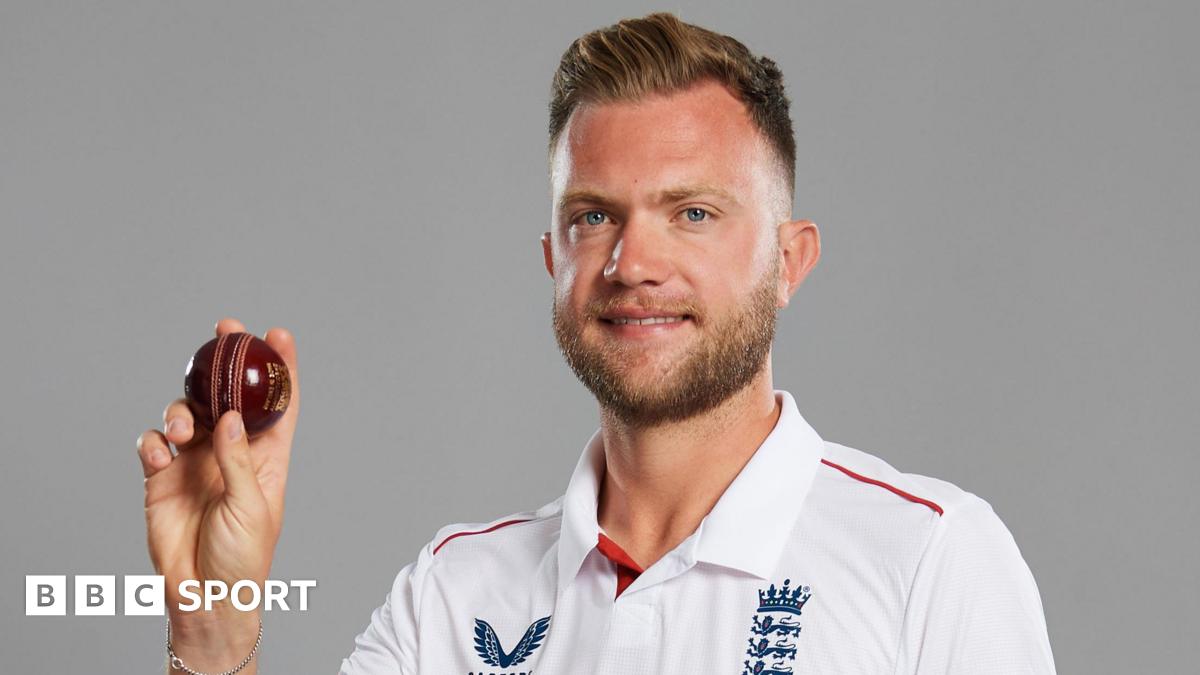
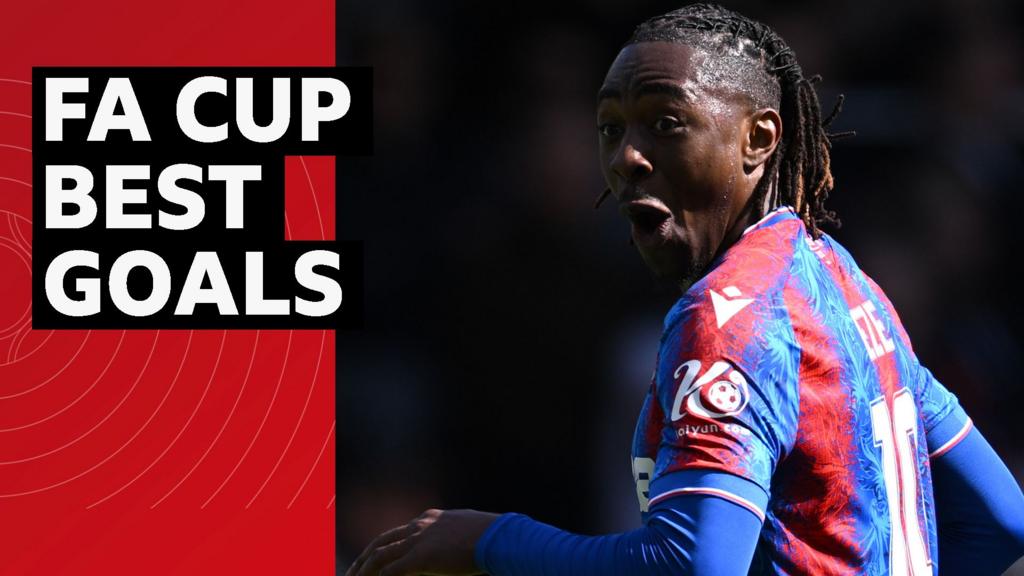
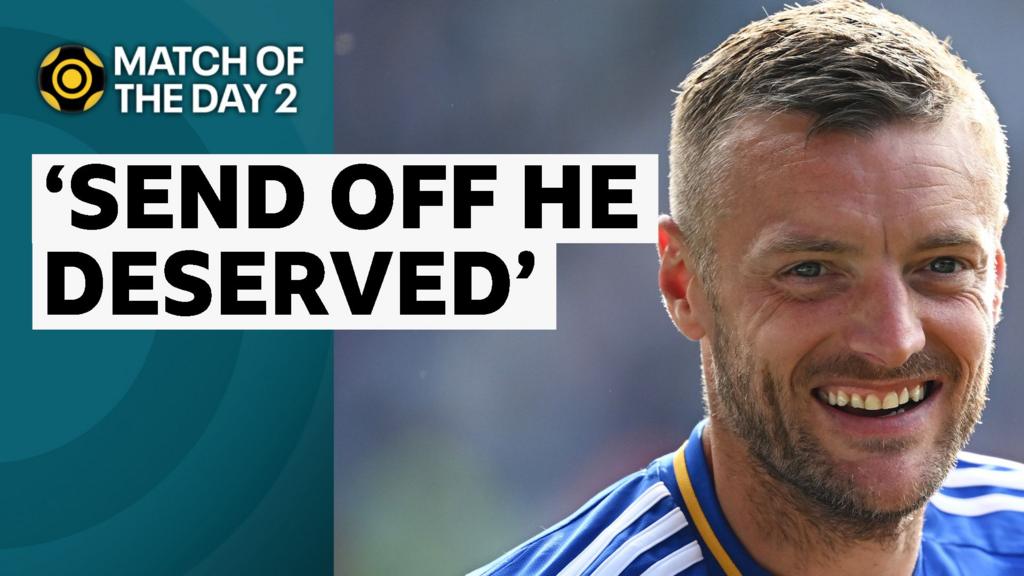





 English (US) ·
English (US) ·